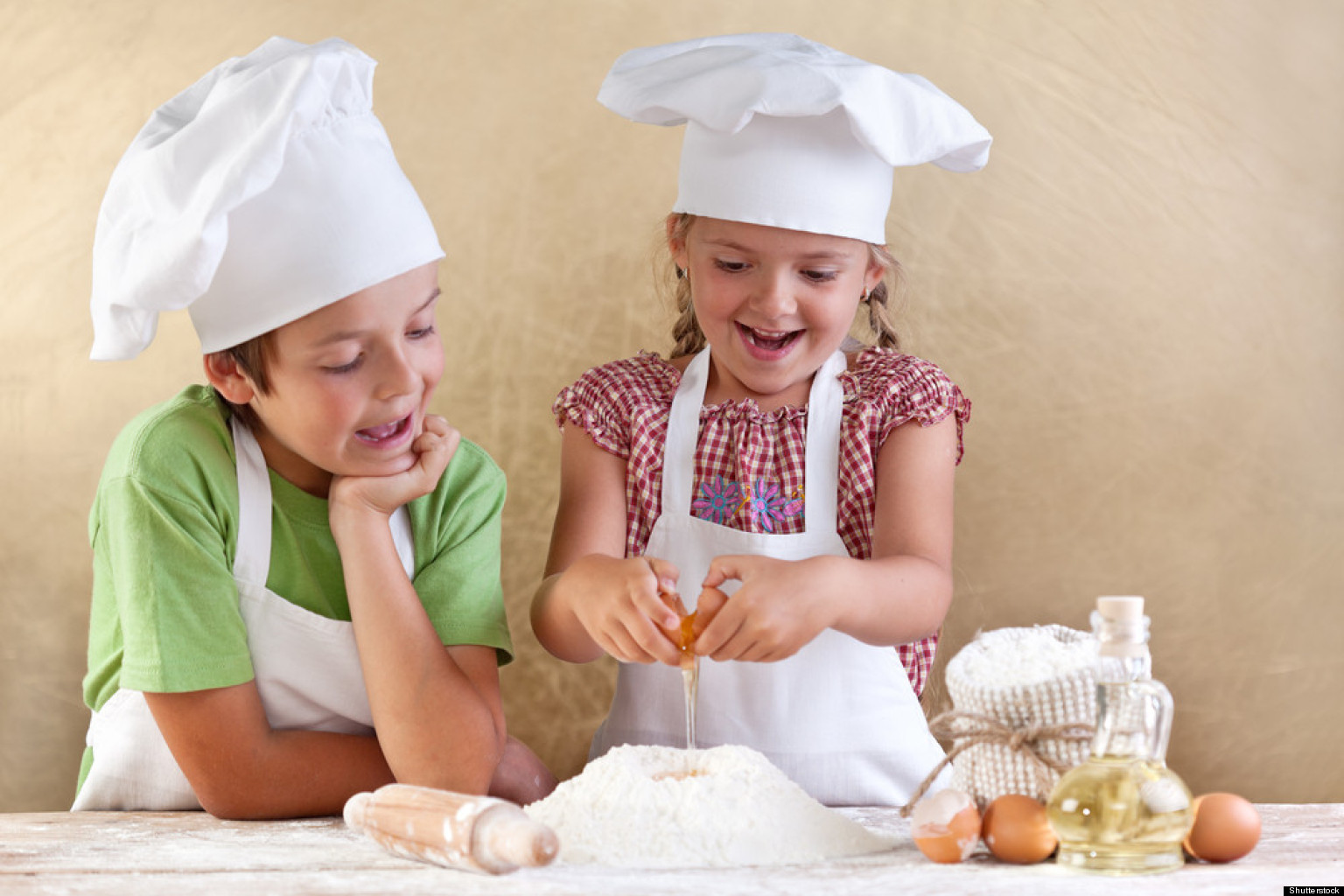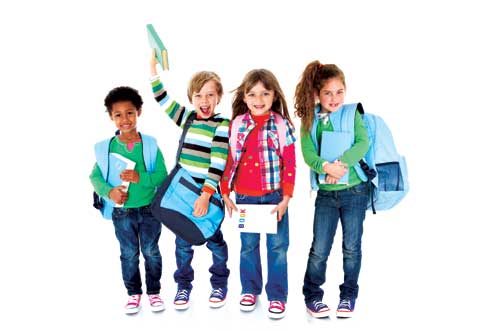Children love to be involved and entertained during the school holidays and cooking is a great way to do this. It is not often we blog about food but we feel very strongly that children should be involved in preparing meals and eating them as a family where possible. Of course, healthy meals are important, however as a treat a piece of cake or some jelly is also fun to make. Children as young as two can help by stirring, mixing, rolling and pouring. Older children can help by choosing ingredients, chopping and plating up.
Kidspot has a great list of how children learn by cooking and helping out in the kitchen:-
Responsibility
Children love the opportunity to feel grown-up, and cooking “just like mum and dad” makes them feel really special. Give them the opportunity to do as much as possible by themselves – if they’re closely supervised and activities are age-appropriate you’ll be surprised at how responsible children can be.
Science and chemistry
Why do cakes rise? How do egg whites turn from this clear, sticky stuff into glossy white peaks? When you think about it – baking’s a pretty cool science lesson. But the best thing is, you don’t actually have to teach – the activity does it for you. Actually, the best thing is that when you learn about why certain ingredients act the way they do (so you can teach your child) you end up being a better baker yourself.
Measurement and volume
Understanding measurement and volume is made simple when baking. A clear measuring jug makes things easy to see. Try using a variety of implements when measuring: cups, jugs, spoons, scales – just so children can help understand. Making a ‘pound cake’ can also be a great help – showing children how different amounts of substances (butter, sugar, flour) can look different, but still weigh the same.
Spelling
Sounding out the words in recipes, or reading ingredients from packets in the pantry can help children with their spelling and reading. It also helps when they need to recognise words and connect the word “flour” in a recipe with the word “flour” on a pack. Labelling your jars in the pantry can be handy – and can also be a learning tool for your child.
Nutrition
It’s surprising how a fussy kid will try a new food when it’s something he’s cooked himself. Give your child the option of two different veggies to include with dinner, find a recipe and let him help cut and cook up the vegetable – and hopefully try it all afterwards! Cooking helps children understand why we eat the foods we do – what foods go well together, and what we need to include for a balanced meal.
Cultural studies
Children can learn more about the world through cooking. Choose a dish each month from a different culture – and then spend a little time learning about that country and why they eat the way they do. Why is it that so many hot countries enjoy spicy, chilli-rich meals? What meats are popular in certain nations and how does the way they eat differ from ours? Start out with options such as Mexican, Indian and Italian (see our recipe section for menu ideas) and move onto other nations as your child’s tastebuds become more adventurous. You could be surprised at what you child likes.
Increases self-esteem
There’s nothing like a sense of achievement to improve self-esteem. Cooking is a great way too boost children’s confidence as the results are quick – and there for the whole family to enjoy. Remember to step back and let them do things themselves – after showing them the safest way to do everything of course!
Find fun recipes to help kids cook
Homemade pizzas – http://www.taste.com.au/recipes/25653/homemade+pizzas
Tacos – http://www.kidspot.com.au/kitchen/recipes/tasty-tacos-679
Pasta dishes – http://www.kidspot.com.au/kitchen/recipes/collection/pasta-recipes
Cakes – http://www.kidspot.com.au/kitchen/recipes/collection/easy-cakes
Biscuits/ gingerbread men – http://www.taste.com.au/recipes/9761/gingerbread+men
Scones – http://www.taste.com.au/recipes/24492/scones
Jelly – http://www.kidspot.com.au/kitchen/recipes/collection/jelly-recipes
Vegetables and dip – http://www.kidspot.com.au/kitchen/recipes/collection/dip-recipes


